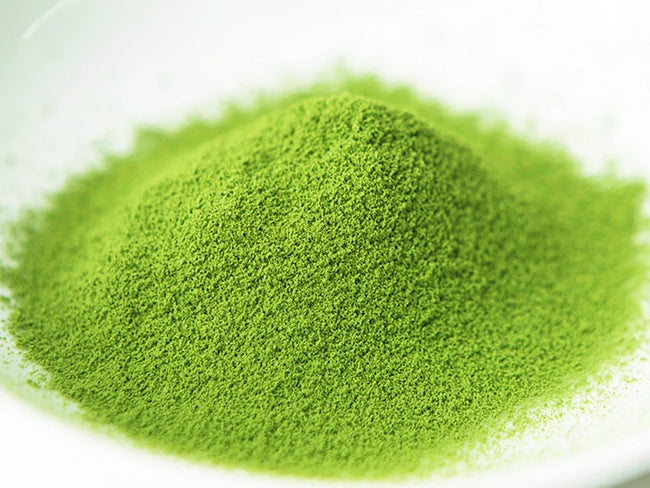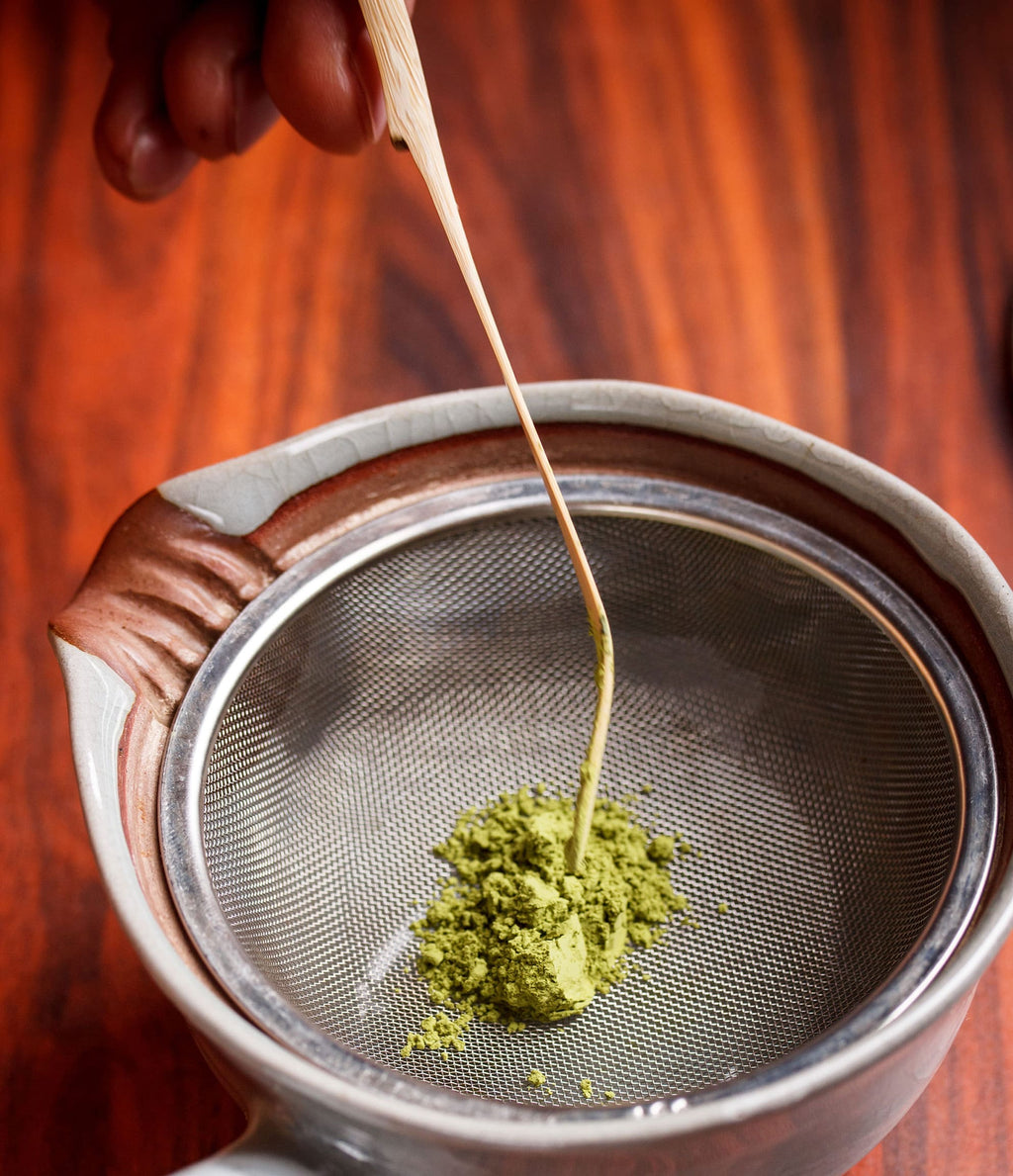Matcha Farming
Interestingly, matcha farmers have been following similar practices for decades when growing matcha tea plants. Moreover, there is no difference in how a matcha tea plant is physically grown when comparing organic and non-organic variations.
Instead, the differences lie in the farming methods. Certified organic Japanese green tea powder farming has to follow certain rules for it to be classified as "organic matcha". As mentioned above, the big thing here is the use of organic fertilizers and other organic products. If you were to compare pure and natural matcha tea powder organic fields to non-organic ones, the big difference is that contemporary matcha farmers will still invoke pesticide use and other chemical substances. This is done to protect the non-organic matcha tea plants from pests.
With organic matcha farming, natural substances are used throughout the fields. Fertilizers also undergo stricter regulations to ensure that everything is as natural as possible. This means that modern-day organic matcha is much more similar to the traditional organic Japanese matcha from centuries ago. Back then, organic farming was common practice amongst Japanese farmers as chemicals and pesticides didn't really exist. So, you can argue that organic matcha is more traditional than non-organic matcha. However, when purchasing matcha tea that is produced in Japan, it is important to note that Japanese agricultural policies are very strict, and thus, even Japanese non-organic matcha will contain fewer pesticides and chemicals than other non-organic matchas.
Matcha Color & Taste
When you talk about organic matcha vs non-organic matcha, the color & taste have to be considered. The funny thing is, most people don't understand that there's a difference here. Surely all green tea is just...green, right? What's the big difference between organic matcha and non-organic version from this perspective?
Well, it all stems from the organic farming principles. Due to a lack of pesticides and chemicals, organic matcha is left to thrive naturally. It takes on pure nitrogen and can develop a different taste. Consequently, most people will agree that organic matcha has more of an earthy taste. It also looks brighter than non-organic matcha, which is usually a paler green tea. In many ways, organic matcha tea tastes more "natural" when you drink it. It almost feels as though you are drinking a natural product that's been grown from the earth.
Overall, organic matcha looks brighter and tastes more natural and earthy. On the other side of the spectrum, the non-organic version is slightly more processed - both in terms of taste and looks.



